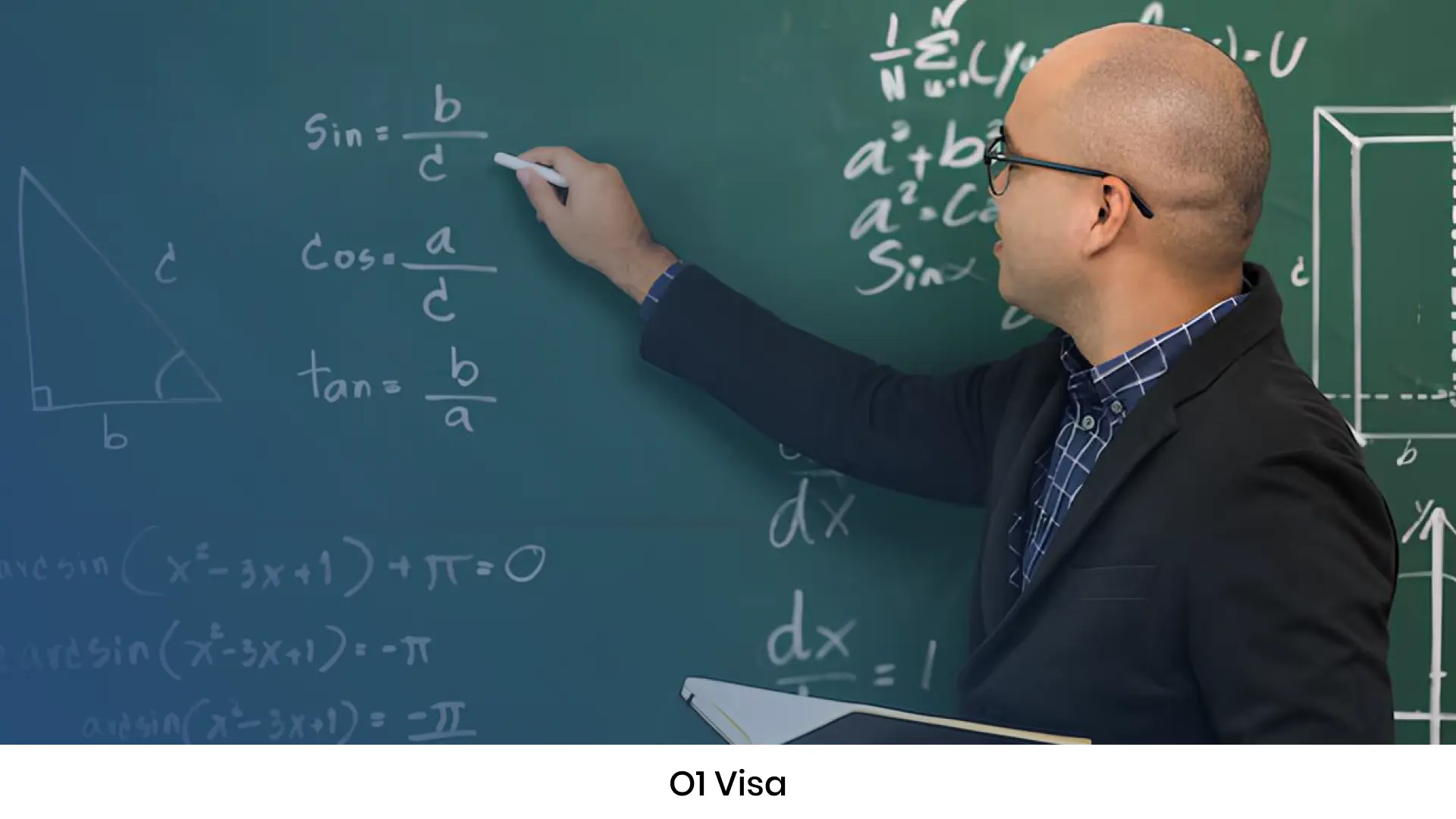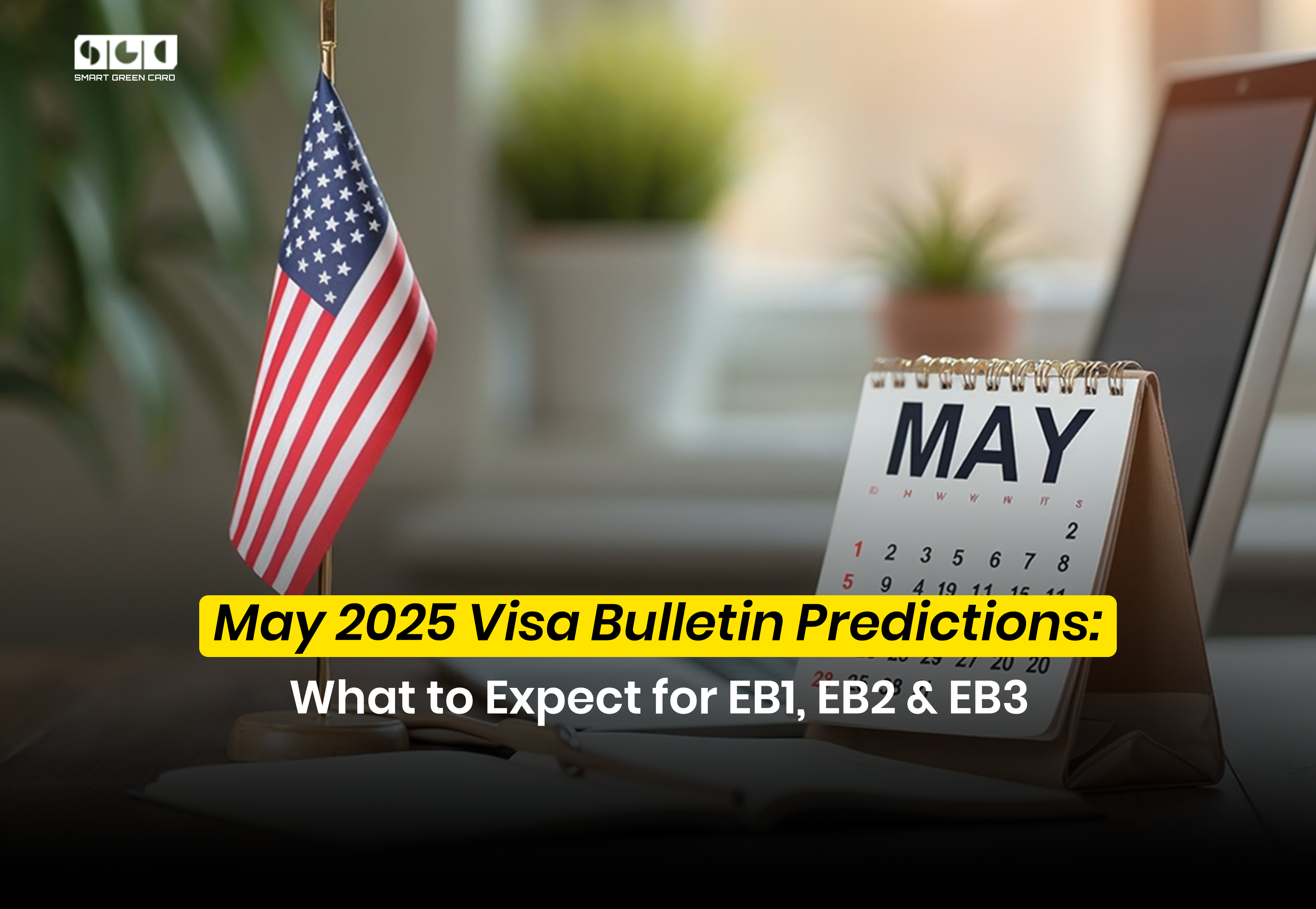H1B Alternatives: Top Visa Options for Skilled Foreign Workers

The H1B visa is a non-immigrant visa that allows foreign nationals to work in specialty occupations in the United States for a specific period. It is a popular path for employers to hire highly skilled immigrants.
However, the U.S. Citizenship and Immigration Services (USCIS) has a numerical cap on the number of H-1B visas issued each fiscal year. Currently, only 85,000 visas (including the master’s cap) are available annually for foreign workers. Moreover, the number of H-1B applicants consistently exceeds this cap, and the H-1B selection process for assessment is randomized. This means that obtaining an H-1B visa can be quite uncertain and dependent on luck.
If you haven’t been selected in the H-1B lottery, don’t despair! This blog will explore H-1B alternatives for working in the US. Let’s get started!
Discover H-1B Alternatives
Here are the H-1B alternatives you can pursue to work in the US:
1. Cap-Exempt
If you are sponsored by employers exempt from the H-1B cap, you are not subject to the lottery and annual cap of 85,000 visas per fiscal year. Additionally, your H-1B petition can be submitted throughout the fiscal year.
H-1B Cap-Exempt Employers Include:
- Higher educational institutions
- Non-profit organizations affiliated with universities
- Government research organizations
- Non-profit research organizations
It is crucial to note that for-profit organizations do not fall under this category.
2. O1 visa

The next H1B alternatives is an O1 visa, which is designed for individuals with exceptional abilities in science, education, athletics, and business. It is initially granted for a three-year period. After this initial period, you can renew your O1 visa in one-year increments as long as you continue to meet the O1 requirements.
Benefits of O1 visa:
- Merit-based: The O-1 visa is awarded based on your achievements and abilities.
- Faster processing: Compared to other work visas, the O-1 visa has a faster processing time.
O1 visa Requirements:
- You must meet at least three of the O-1 criteria.
- You need to showcase that your achievements have been recognized in your field of expertise.
3. H-4 Dependent Visa
Are you the spouse of an H-1B visa holder? If so, you may be eligible for an H-4 dependent visa, which allows you to reside in the United States. Since 2015, eligible H-4 dependents have been able to apply for an Employment Authorization Document (EAD) to work legally in the US.
Unlike H-1B visas, H-4 EADs are not employer-specific. This means you have the flexibility to work part-time, or full-time, run your own business, or be employed by multiple companies.
4. L1 Visa
Another H1B alternatives may be an L1 visas, which are intended for intracompany transfers of managers, executives, or employees with specialized knowledge to a US office of the same multinational company. The initial grant period can vary by nationality (3 months to 5 years).
L1 visa extensions are possible, with a maximum total stay of 7 years.
5. OPT Extensions

If you are an F-1 student, you are eligible to apply for Optional Practical Training (OPT), which allows you to work in the US for 12 months. Additionally, if you are an F-1 student who graduated from a STEM field, you can extend your work authorization in the US for 24 months once your post-completion OPT ends, provided you meet the requirements.
Therefore, F-1 students have at least 1-3 years to explore other work visa options in the US. During this time, you can prepare for EB-1A. At some point, your profile might also align with an O-1 visa requirements as well. This approach will allow you to avoid dependence on the H-1B lottery.
However, qualifying for O1 doesn’t mean that you meet EB1A requirements, but the vice versa is always true.
6. EB-1A: A Faster Path to Green Card
Consider preparing for the EB-1A visa as an alternative to the H-1B. If your profile aligns with the EB1A requirements, it can also be a path to obtaining an O-1 visa. The EB-1A is designed for individuals with extraordinary ability in various fields, including arts, sciences, education, and business.
The EB-1A offers a direct path to permanent residency in the United States. To meet the EB1A requirement, you must meet at least three of the ten EB-1A criteria and demonstrate sustained national or international acclaim in your field.
Conclusion
Getting an H-1B visa can be challenging these days. With the number of applicants exceeding the annual cap, selection relies on a lottery system. Therefore, exploring H1B alternatives is crucial for international students and foreign workers aiming to achieve their American dream.
Your Green Card journey starts here! Visit Smart Green Card to discover how you can qualify and apply with confidence.
- SGC
- No Comments
Latest blog & Newsletters
May 2025 Visa Bulletin Predictions: What to Expect for EB1, EB2 & EB3
May 2025 Visa Bulletin Predictions: What to Expect for EB1, EB2 & EB3...
Smart Green Card: Expert Guidance for Your U.S. Visa & Green Card Journey
Smart Green Card: Expert Guidance for Your U.S. Visa & Green Card Journey...
H1B Lottery Results 2025: Everything You Need to Know
H1B Lottery Results 2025: Everything You Need to Know The H1B visa lottery...





